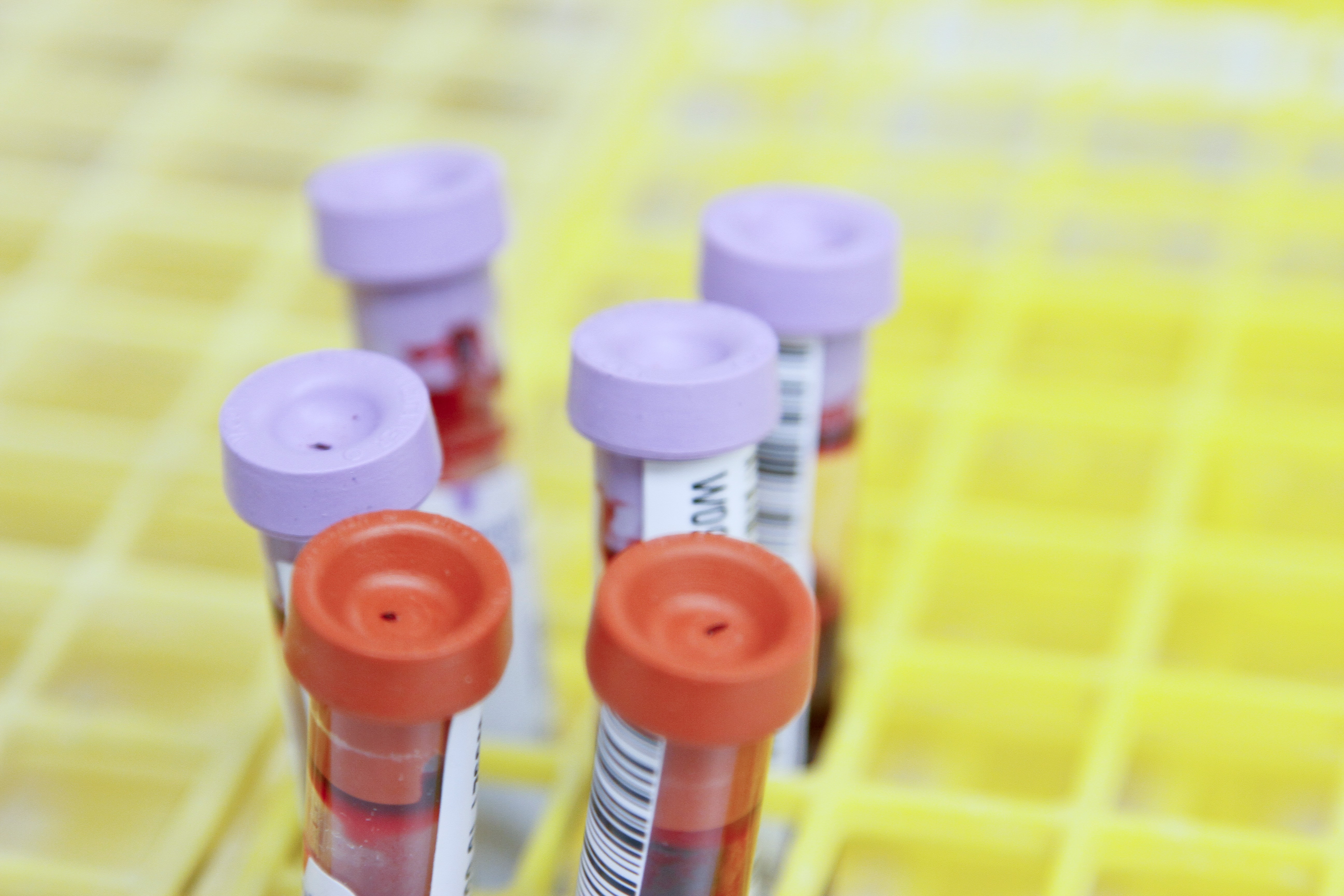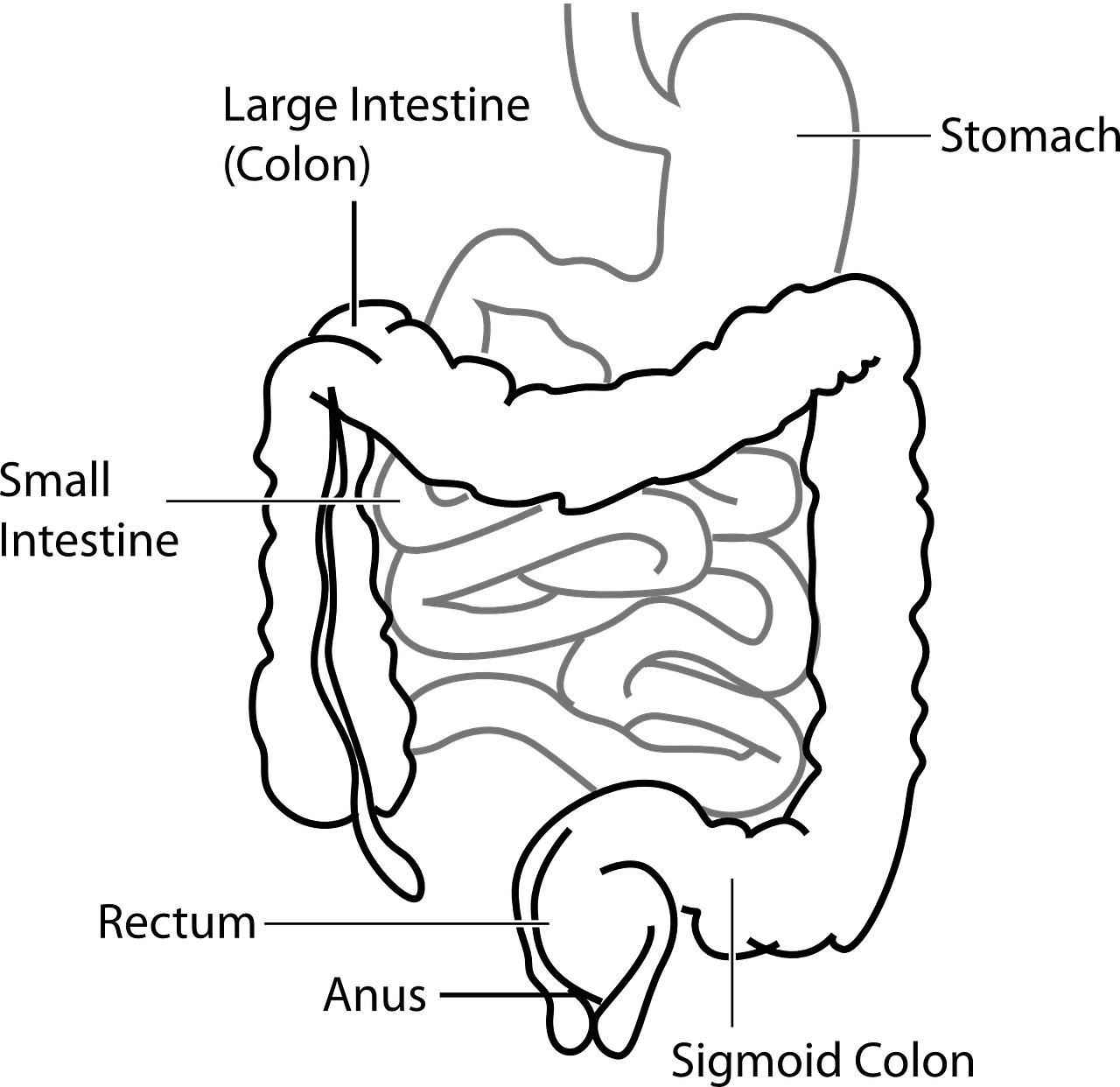While digestion is often overlooked by some, it is a critical aspect of average and optimal health. When you suffer from digestive issues, it can create a multitude of minor or major symptoms, including abdominal pain, fatigue, bloating, constipation, diarrhea, and malnutrition.
As our knowledge of this critical organ expands we are gaining a deeper understanding of previously unknown causes of digestive issues. One example, Small Intestine Bacterial Overgrowth, or SIBO, is becoming more and more recognized as a source of chronic digestive upset. SIBO occurs when the bacterial balance in your digestive tract goes haywire, preventing this crucial organ from doing its job correctly.
What is SIBO?
Small Intestine Bacterial Overgrowth is exactly what it sounds like; it is caused by an overgrowth of bacteria in the small intestine. This overgrowth cause production and release  of gases methane and/or hydrogen. The patient may feel gassy but the problem is what the gases do to the digestive tract. These gases cause an increase or decrease of food moving through the digestive tract leading to constipation, diarrhea, poor absorption, and leaky gut syndrome.
of gases methane and/or hydrogen. The patient may feel gassy but the problem is what the gases do to the digestive tract. These gases cause an increase or decrease of food moving through the digestive tract leading to constipation, diarrhea, poor absorption, and leaky gut syndrome.
Bacteria play an intrinsic role in the digestive process, but this role can be deleterious when they are not kept in balance. Under normal circumstances the large intestine has millions of bacteria and other microorganisms that assist in digestion and other key aspect of human health like immune function. The small intestine is supposed to have little to no bacteria in it. Exactly how bacteria get in the small intestine is not clear but theories include; slow transit time (or constipation), dietary factors, imbalances among the different bacteria species. When diet or other conditions cause bacterial growth to accelerate beyond the norm, too much of a good thing becomes a bad thing.
Medical professionals are only now beginning to understand that this previously thought to be rare condition is fairly common. Increasing numbers of patients are being diagnosed with SIBO, and it can be the "underlying cause" of many chronic digestive disorders. The initial symptoms of SIBO can be evidenced by more mild diarrhea or loose stool and gas. These may give way to more serious symptoms, including weight loss and malabsorption (your body's inability to extract the essential nutrients it needs from your food supply). Because these symptoms mimick other common digestive disorders many digestive health experts are also look more closely at the relationship between Irritable Bowel Syndrome (IBS), Irritable Bowel Diseases (IBD) and SIBO.
Some of the most common causes of SIBO include: anatomical abnormalities, neurological conditions that affect digestive functions, constipation or slower transit time, existingautoimmune disorders, and diets high in carbohydrates, sugars, or alcohol. Basically any condition or circumstance that can stimulate excessive growth of certain types of bacteria can be the cause of SIBO.
5 Signs You May Have SIBO.
-
Excessive gas and/or bloating
- Chronic diarrhea
- Previous diagnosis of IBS
- Food sensitivities/allergies, such as Celiac Disease or sensitivities to gluten, casein, lactose, fructose, etc.
- Existing chronic illnesses such as Chronic Fatigue Syndrome, fibromyalgia, diabetes, etc.
Over a long enough period of time, SIBO will also cause unusual weight loss, fatigue, and even osteoporosis since the body is not getting the nutrients it needs from your diet.
How is Small Intestine Bacterial Growth Diagnosed?
If you feel you may suffer from SIBO, schedule an appointment with a healthcare professional who is experienced with gastrointestinal illnesses. Remember that SIBO is a relatively new discovery and many doctors may not even know it exists, not to mention the best means of diagnosing or treating it.
Diagnostic tests include:
- Breath test. These are used to measure sugar levels in your breath over an extended period of time after you have fasted.
- Organix Dysbiosis Test. Your urine will be tested for by-products or yeast or bacteria originating from the small intestine.
- Stool tests. A comprehensive stool test can be done to check for elevated bacteria levels. Even elevated levels of "good bacteria" can indicate SIBO.
Schedule an Appointment With Phoenix Doctors to Treat Your SIBO.
Contact Southwest Integrative Medicine to schedule a free consultation. After reviewing your medical history, we will have a good idea as to whether or not SIBO is contributing to your symptoms. We will schedule an appointment to run the appropriate diagnostic test(s) based on your medical history and symptoms.
Your treatment will be based on our findings but may include a range of services from nutritional counseling and supplementation to acupuncture, which is proven to relieve pain and restore balance to unbalanced physiologic systems. We look forward to finding your customized path to healing.
 "My weight was getting so out of control. I started their weigh loss diet program and lost 32 lbs! I have been able to reduce my blood pressure medicine, fit back in my clothes, have tons more energy... Now I am back to eating and my desire for foods has changes drastically. Saved my life!!!
"My weight was getting so out of control. I started their weigh loss diet program and lost 32 lbs! I have been able to reduce my blood pressure medicine, fit back in my clothes, have tons more energy... Now I am back to eating and my desire for foods has changes drastically. Saved my life!!!
 "Dr. Cline and Dr. Terranella have been amazing! For the first time we found doctors that actually listen. They care about how your feeling and try everything they can to get you back to a normal state. I am in love with these guys! If you want amazing care, see these guys."
"Dr. Cline and Dr. Terranella have been amazing! For the first time we found doctors that actually listen. They care about how your feeling and try everything they can to get you back to a normal state. I am in love with these guys! If you want amazing care, see these guys."





 of gases methane and/or hydrogen. The patient may feel gassy but the problem is what the gases do to the digestive tract. These gases cause an increase or decrease of food moving through the digestive tract leading to constipation, diarrhea, poor absorption, and leaky gut syndrome.
of gases methane and/or hydrogen. The patient may feel gassy but the problem is what the gases do to the digestive tract. These gases cause an increase or decrease of food moving through the digestive tract leading to constipation, diarrhea, poor absorption, and leaky gut syndrome. 










